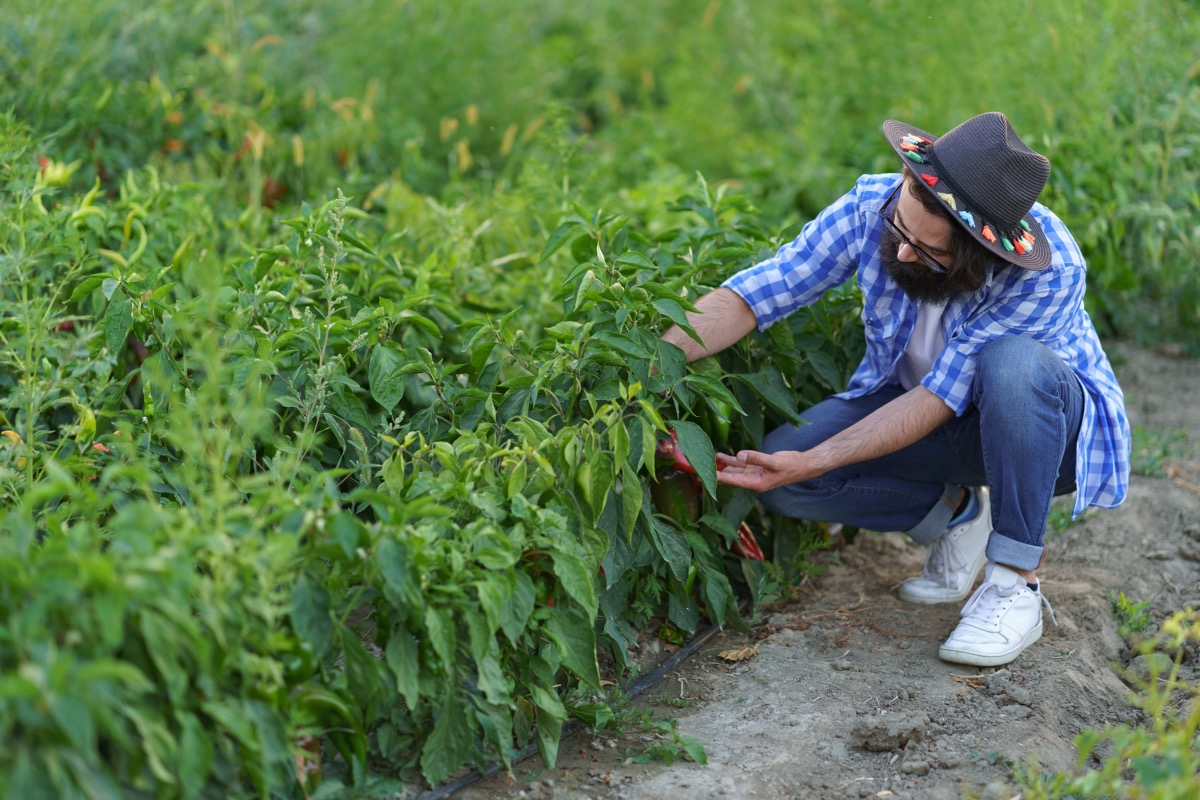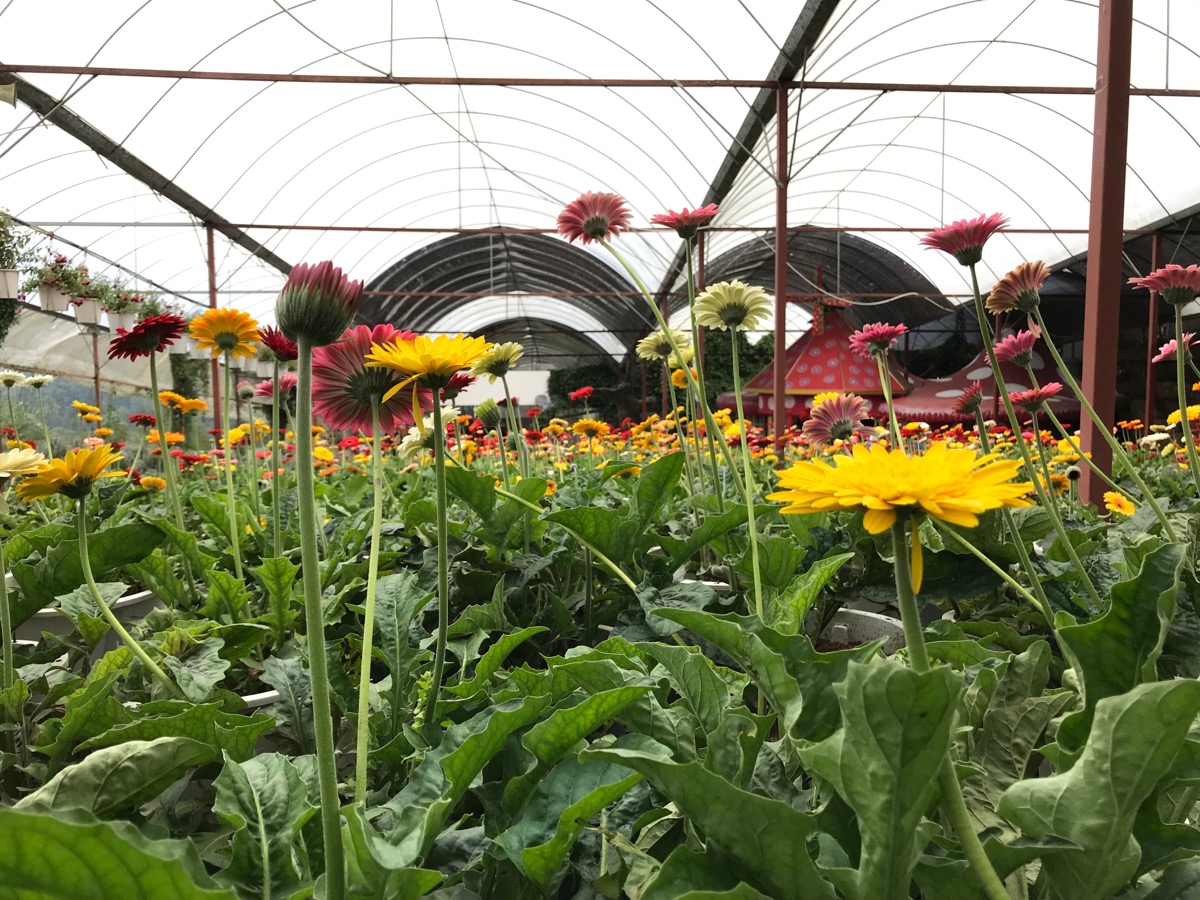Horticulture is an essential sector of the Indian economy, providing livelihoods for millions of people and contributing significantly to the country’s agricultural exports. The Indian government recognizes the importance of horticulture and has implemented various subsidy schemes to support farmers and boost production. Below we discuss the top 10 government horticulture subsidy schemes in India, horticulture loan schemes, and national horticulture mission subsidy schemes.

Top 10 Government Horticulture Subsidy Schemes in India
Mission for Integrated Development of Horticulture (MIDH)
MIDH is a centrally sponsored scheme that aims to promote holistic growth of the horticulture sector by providing financial assistance to farmers, groups of farmers, and other organizations engaged in horticulture activities. Under this scheme, the government provides a subsidy of up to 50% of the project’s cost, subject to a maximum limit of Rs. 30 lakhs per project. The subsidy is provided for activities such as establishing orchards, creating water resources, protected cultivation, post-harvest management, and marketing infrastructure.
Rashtriya Krishi Vikas Yojana (RKVY)
RKVY is a state-sponsored scheme that aims to incentivize the states to increase public investment in agriculture and allied sectors. The scheme provides financial assistance to farmers, groups of farmers, and other organizations engaged in horticulture activities. The subsidy under this scheme varies from state to state and can go up to 50% of the project cost, subject to a maximum limit of Rs. 50 lakhs per project. The subsidy is provided for activities such as the creation of water resources, the establishment of nurseries, the establishment of orchards, and post-harvest management.
National Horticulture Board (NHB) Subsidy Scheme
NHB is a central government agency that aims to promote horticulture development in the country. The agency provides financial assistance to individuals, groups of farmers, and other organizations engaged in horticulture activities. Under the NHB subsidy scheme, the government provides up to 50% of the project’s cost, subject to a maximum limit of Rs. 3 lakhs per project. The subsidy is provided for activities such as establishing orchards, creating water resources, and post-harvest management.
Pradhan Mantri Krishi Sinchai Yojana (PMKSY)
PMKSY is a centrally sponsored scheme that aims to provide end-to-end solutions in the irrigation supply chain, water sources, distribution networks, and farm-level applications. Under this scheme, the government provides a subsidy of up to 55% of the project’s cost, subject to a maximum limit of Rs. 10 lakhs per project. The subsidy is provided for creating water resources, micro-irrigation, and renovating traditional water bodies.
In case you missed it: Government Agriculture/Farming Subsidy Schemes in India

Horticulture and Agroforestry Promotion Scheme (HAPS)
HAPS is a centrally sponsored scheme that aims to promote horticulture and agroforestry in the country. Under this scheme, the government provides a subsidy of up to 50% of the project’s cost, subject to a maximum limit of Rs. 1.5 lakhs per project. The subsidy is provided for activities such as establishing orchards, plantation of horticulture crops and developing agroforestry models.
National Bamboo Mission (NBM)
NBM is a centrally sponsored scheme that aims to increase the country’s production and utilization of bamboo resources. Under this scheme, the government provides a subsidy of up to 50% of the project’s cost, subject to a maximum limit of Rs. 3 lakhs per project. The subsidy is provided for activities such as plantation, the creation of water resources, and post-harvest management.
Pradhan Mantri Fasal Bima Yojana (PMFBY)
PMFBY is a centrally sponsored scheme that aims to provide insurance facilities to farmers against crop loss due to various incidents such as natural calamities, pests, and diseases. Under this scheme, the government provides a premium subsidy of up to 50% for horticulture crops, subject to a maximum limit of Rs. 25,000 per hectare.
National Mission on Micro Irrigation (NMMI)
NMMI is a centrally sponsored scheme that aims to promote micro-irrigation systems in the country. Under this scheme, the government provides a subsidy of up to 55% of the project’s cost, subject to a maximum limit of Rs. 10 lakhs per project. The subsidy is provided for drip irrigation, sprinkler irrigation, and fertigation.
Agriculture Export Policy
The Agriculture Export Policy is a scheme launched by the central government to promote exports of agricultural and horticultural products from India. The scheme provides financial assistance to exporters through various measures such as market development assistance, transport assistance, and quality certification.
National Beekeeping and Honey Mission (NBHM)
NBHM is a centrally sponsored scheme that aims to promote beekeeping and honey production in the country. Under this scheme, the government provides a subsidy of up to 50% of the project’s cost, subject to a maximum limit of Rs. 2 lakhs per project. The subsidy is provided for activities such as the establishment of bee colonies, the creation of honey processing units, and the training of beekeepers.
Frequently Asked Questions About Government Horticulture Subsidy Schemes in India
What is the NHB scheme for Horticulture?
The NHB (National Horticulture Board) scheme for horticulture is a government initiative that provides financial assistance to farmers and entrepreneurs engaged in horticulture activities. The scheme aims to promote cultivation, processing, and marketing of fruits, vegetables, and other horticultural crops. Under this scheme, the NHB offers a wide range of subsidy schemes, including commercial horticulture development, integrated post-harvest management, establishing hi-tech horticulture nurseries, and creating water harvesting structures.
The scheme also provides technical guidance and support to farmers to adopt modern techniques and best practices in horticulture. The NHB scheme for horticulture has played a crucial role in developing the horticulture sector in India by providing financial assistance and technical support to farmers and entrepreneurs engaged in horticulture activities.
What is Horticulture Loan?
A horticulture loan is a financial product specifically designed to assist farmers engaged in horticulture activities. Horticulture loan is offered by various financial institutions, including banks and non-banking financial companies (NBFCs). The loan is provided to farmers to meet their working capital and capital expenditure requirements for cultivating horticulture crops.
Seeds, fertilizers, insecticides, irrigation equipment, and other horticultural inputs can be purchased with the loan. In addition, horticulture loans typically have flexible repayment terms and attractive interest rates, making them an affordable and accessible source of financing for farmers.
In case you missed it: Crop Insurance Schemes in India: How to Apply and Top 4 Government Schemes

Additionally, some lenders may offer value-added services such as technical assistance and training to borrowers to help them optimize their horticulture production and maximize their returns. Overall, horticulture loans are an important tool for farmers to access finance and improve their productivity and profitability in the horticulture sector.
Conclusion
In conclusion, horticulture plays a crucial role in India’s agriculture sector, and the government has recognized its importance by implementing various subsidy schemes. These schemes aim to provide financial assistance, technical support, and infrastructure development to farmers engaged in horticulture activities.
- Feed Your Flock for Less: Top 10 Tips to Save on Chicken Feed
- Ultimate Guide to Ossabaw Island Hog: Breeding, Raising, Diet, and Care
- Hatching Answers: The Top 10 Reasons Your Chickens Aren’t Laying Eggs
- Eggs and Economics: Breaking Down the Cost of Raising Backyard Chickens
- Defend Your Greens: Proven Methods to Keep Iguanas Out of Your Garden
- Ultimate Guide to Cinnamon Queen Chicken: A Comprehensive Guide for Beginners
- Ultimate Guide to California Tan Chicken: Breeding, Raising, Diet, Egg-Production and Care
- Ultimate Guide to Marsh Daisy Chicken: Breeding, Raising, Diet, and Care
- 10 Types of Chicken Farming Businesses You Can Start for Profits